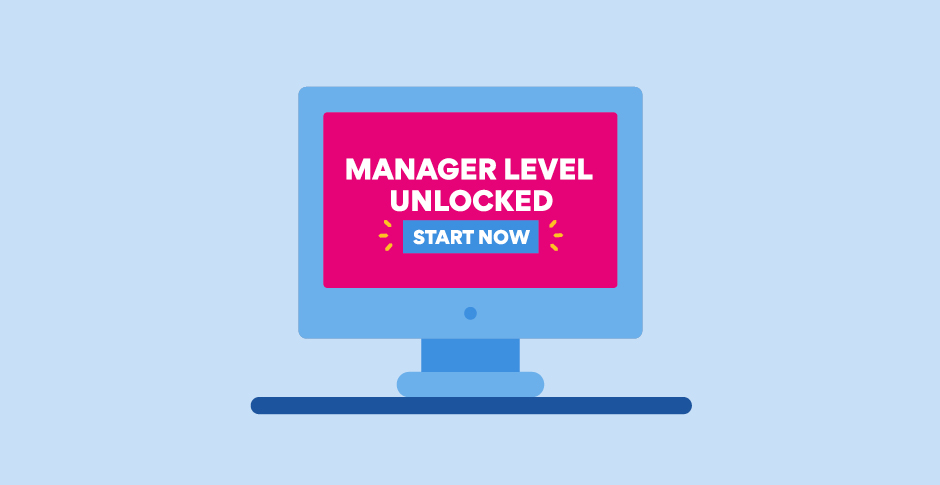Read any article or book about a successful person and you’ll learn that their success didn’t happen overnight. In fact, far from it, many people who have built booming businesses or are thriving in their careers say that it takes years of hard work and long hours dedicated to their craft – and taking on the less desirable responsibilities – to achieve their big aspirations.
Whether it’s a specific role, company or promotion you’re after, if you’ve set yourself goals and are eager to achieve them as swiftly as you can, there are many ways to fast track your career progression.
- Contribute to solving your manager’s or the company’s problems. A great way to get noticed is to go above and beyond what’s expected of you. Get to know your manager’s style, help him or her achieve their goals and ensure they authentically have your best interests at heart too.
Kristine Tuazon, Principal Consultant at Good People HR also believes you can actively solve your organisation’s problems by applying your own passions and strengths at work. She suggests to frequently ask yourself these questions: ‘How can I add value by doing what I love?’, ‘How can I solve problems by doing what I love?’, ‘How can I give to society by doing what I love?’. “These can lead to breakthrough innovations internally For the driven, opportunities are all around us. Be it further study, internal training, networking events, industry conferences or simply jumping on board the next social event your organisation holds, there are so many ways to meet new people, acquire new knowledge and advance your career. Speak to your manager or mentor about how they can help facilitate development opportunities for you.
- Own your mistakes and learn from them. Admitting you’re wrong can be difficult, but the first step to both personal and professional growth is taking responsibility for your mistakes. Once you’re able to admit your mistakes out loud, it can take courage to actively consider how you can improve the next time a similar event takes place. Work to understand why the error took place and what the factors were. Remember to not be too hard on yourself in the process.
- Find an executive sponsor who believes in you. Tuazon says, “Seek out a senior leader in the business you sincerely resonate with, reach out and start a relationship with them.” She suggests initiating the relationship by writing them an email and outlining your career aspirations and ways your connection may be able to assist the both of you. Being direct about what it is you’re hoping to gain is often the best way to finding out whether it will be a worthwhile relationship.
- Know when it’s time to move on to find career progression. “Knowing yourself is critical and underrated,” says Tuazon. “Understand what makes you sad, glad, happy, joyful, drained; how you are different from others and how this is ok, because so many of us just want to get the job, any job, and then wonder why we hate it!” Once you’ve established whether the role you’ve got is hindering or helping you take the next step in your career, it’s time to make the next move.
Remembering that your career is a journey that takes time and effort, Tuazon encourages us to have an “attitude of gratitude”. She says, “Fall in love with your job and all that you have – not what you don’t have. This will keep you in a growth mindset and help you appreciate the little things when times are tough and disappointments are high.”
A great way to get noticed is to go above and beyond what’s expected of you.



